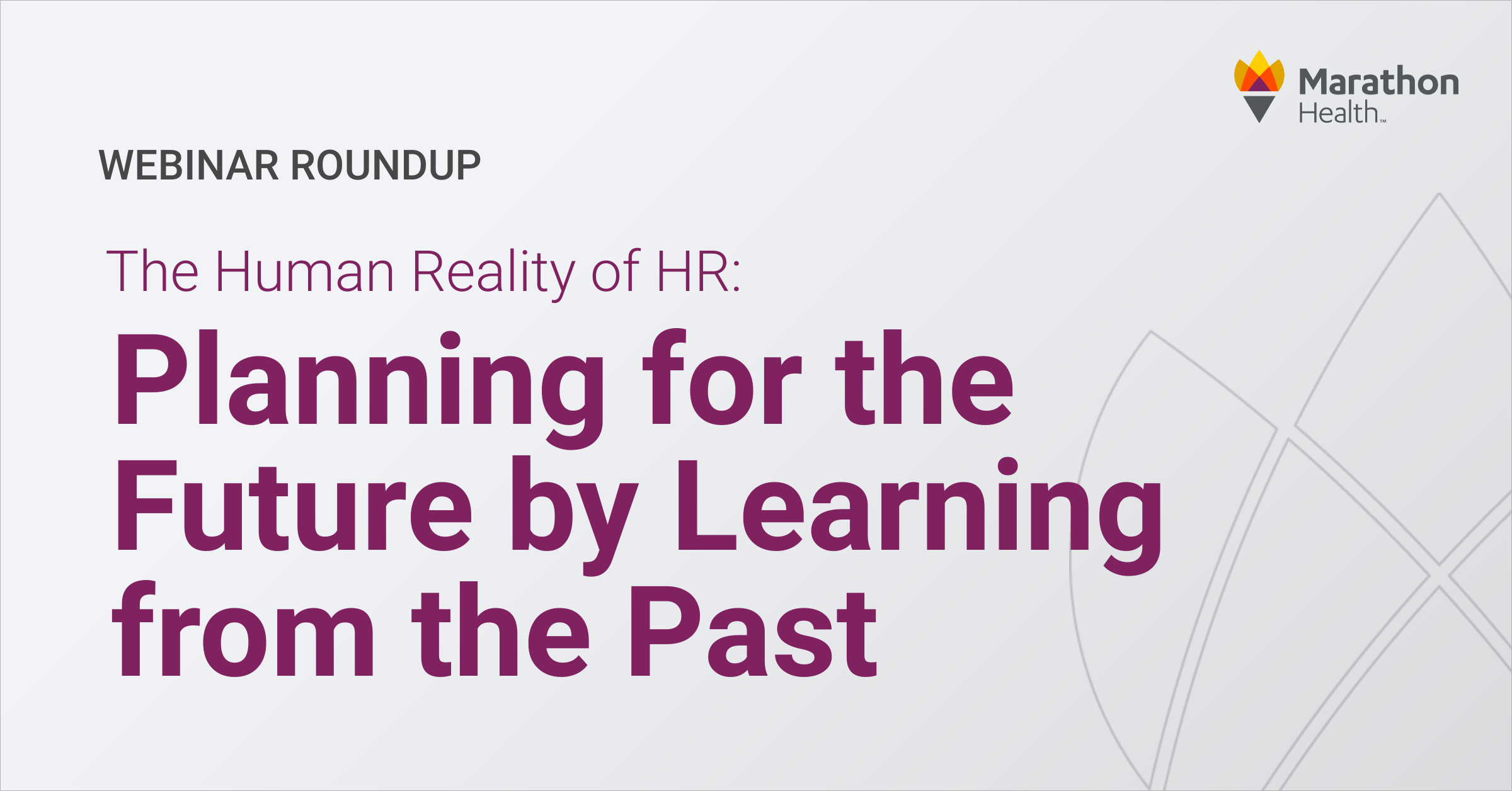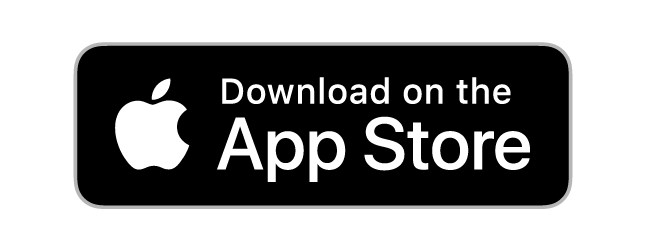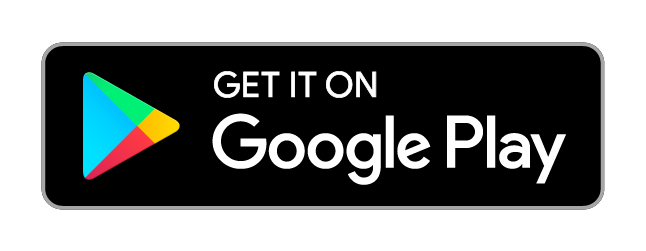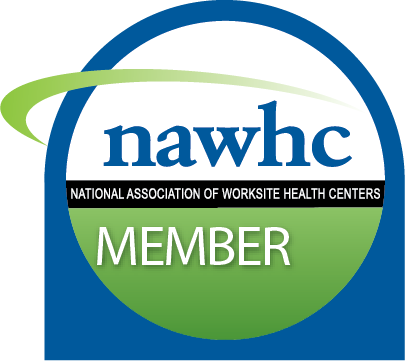High healthcare costs, recruitment and retention challenges, the economy and inflation, diversity and inclusion, politics, and benefit design are all top of mind for many human resource teams as they plan for 2023 and beyond.
For our end-of-year roundtable discussion, The Human Reality of HR: Planning for the Future by Learning from the Past, the panelists discussed key HR learnings from the past few years, as well as their strategies for the year ahead.
The Panel
Shelly Towns, Chief Marketing Officer at Marathon Health and webinar host
Efrain “Ricky” Baez, Owner and Chief HR Consultant at Baezco Learning and Co-Host of the HR Talk! Podcast
Glen Haskell, Director of Benefits at New Balance
Debby Routt, Chief People Experience Officer at Marathon Health
Watch the Full Webinar — The Human Reality of HR: Planning for the Future by Learning from the Past
Focus on the “H” in HR when Planning for the Future
Shelly kicked off the discussion by noting the HR moniker has been around for decades. She asked the panelists if the name still adequately explains the role.
Ricky mentioned he has a “love-hate relationship” with the term, and noted how the longer he worked in HR, the more he realized how many people don’t hold value to the human aspect of the role.
“I’ve made it my mission for the past 15 years to never forget about the ‘H’ in HR, because that ‘H’ is the reason why businesses are successful. But it’s also easy for us to forget,” he said. “The pandemic really tested us as leaders, and from a human resources perspective, how important humans actually are to every aspect of the business world. We need to make sure we keep the human element alive and well in the name.”
Glenn agreed and mentioned how the strongest HR leaders are able to show empathy toward all employees, from the C-suite to entry-level positions in the organization.
“There seems to be a misconception out there that human resources is only there to side for the organization,” Ricky added. “I just want to say that HR is not there for the leader. It’s not there for the employee. It’s there for fairness. And fair could be siding for the manager. Or fair could be siding for the employee.”
Design Benefits for Employee Needs
When it comes to benefit design and offerings, part of showing empathy means understanding what employees value and building a benefit plan to support their needs. Depending on the organization, these needs can vary widely. For instance, the panelists noted how paid childcare is a hot benefit for many employers today, but only if an employer has a high number of employees with young children.
Glenn mentioned how New Balance introduced eight new benefits in 2022, including a highly popular lifestyle savings account that provides full-time employees with a $1,000 annual stipend they can spend however they wish. Whether it’s for childcare, a ski trip, or monthly massages, it gives employees the flexibility to use the benefit in a way that best suits their needs.
“It gets about a 70% uptake, which for any benefit that gets 70% uptake, it immediately becomes what I’d call a third-rail benefit. There’s no way you can touch it.
“People will say, ‘Why didn’t you just give them a thousand-dollar raise?’” Glenn added. “But if you add a thousand dollars to their salary, it just disappears into the ether. And believe me, within eight months they’ll have forgotten about it. But when you have it built into a formal program and they have to jump through a little hoop to get the money each year, it’s a gift that keeps on giving.”
HR Proves Resilient Despite Unprecedented Pandemic Challenges
As the panelists reflected on HR learnings from the last few years, Debbie talked about how HR teams around the world overcame unprecedented challenges due to the COVID pandemic.
“It was a very tumultuous time,” Debbie said. “My word of the year for 2021 was resiliency because it didn’t matter what HR professionals were given. Everyone did an amazing job because none of us were prepared. Some of us have dealt with SARS and a variety of other things in our past lives. But nobody has ever seen a global pandemic. And the way that every day you’d have to come into work and think, ‘Oh my gosh, now how am I going to deal with this?’”
Near the end of the conversation, the attendees answered a poll asking if they had experienced imposter syndrome in the last year, with 77% responding in the affirmative. Ricky noted how even the most seasoned HR professionals experienced uncertainty in their decision-making.
“Do the best you can today. If you make a mistake, let’s figure it out,” Ricky said. “Right now, we’re writing the book that we’re going to read 15 years from now because we’ve never gone through this before.”
You might also like
Subscribe to our newsletter and stay on the cutting edge of worksite healthcare.






